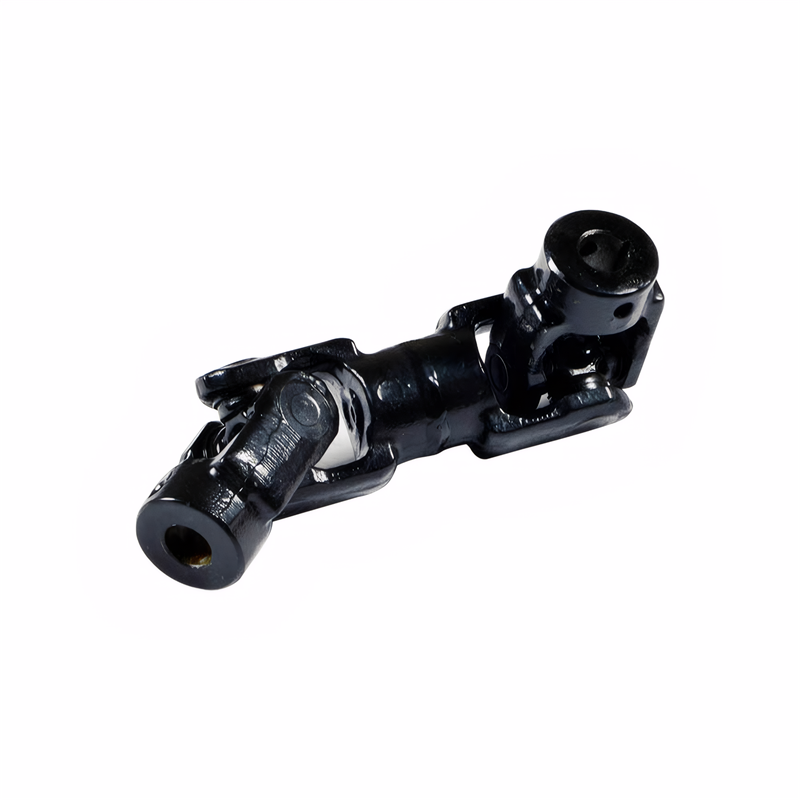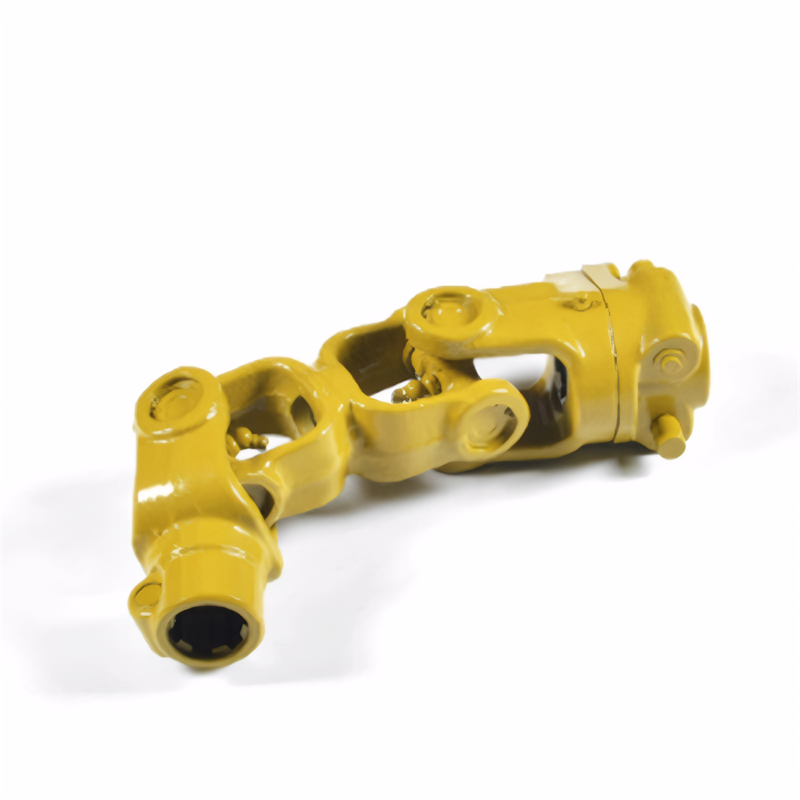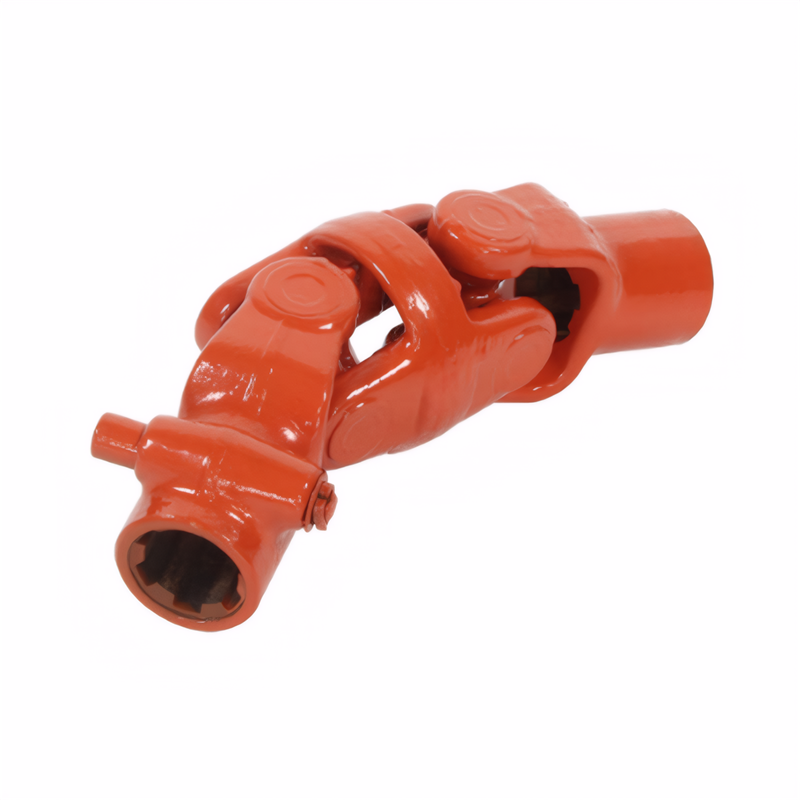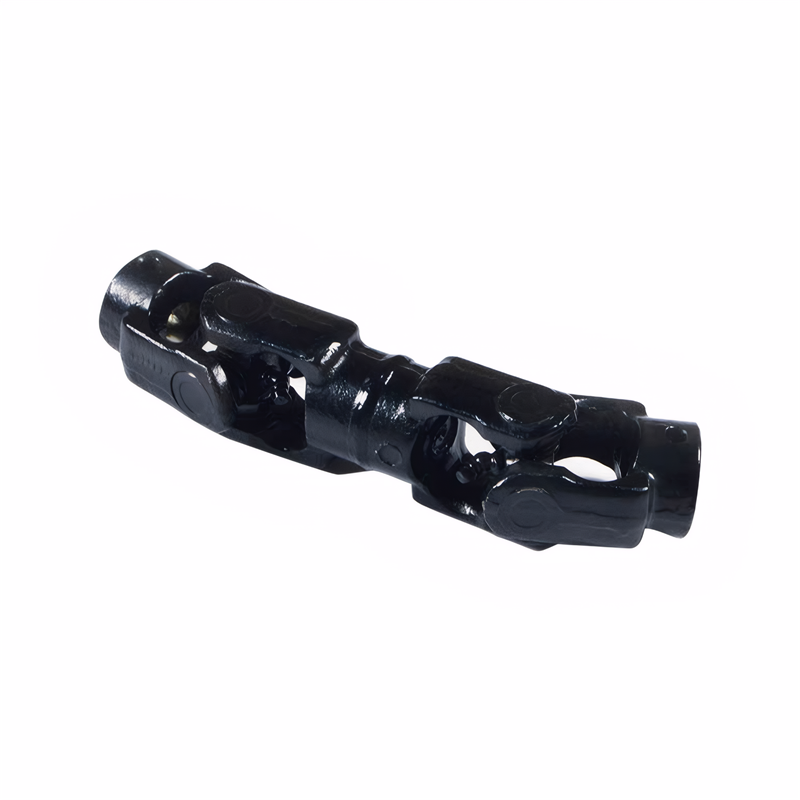Key points for maintaining universal joints of drive shafts
Key Maintenance Points for Transmission Shaft Universal Joints
Regular Inspection Protocols
Visual and Physical Examination Procedures
Perform comprehensive visual inspections of universal joints at every oil change interval or every 5,000 kilometers. Check for:
- Cracks or deformation in the cross-shaped bearing housing
- Excessive play between the needle bearings and journal surfaces
- Corrosion or paint damage on metal components
- Missing or damaged protective rubber boots
During physical examination, manually rotate the universal joint through its full range of motion while checking for:
- Binding or rough operation during angular movement
- Audible grinding or clicking noises
- Increased resistance compared to new components
Torque Verification Procedures
Periodically verify the torque specifications of all mounting bolts, particularly:
- Flange yoke connection bolts
- Intermediate support bearing bolts
- Slip joint retaining bolts
Use a calibrated torque wrench and follow manufacturer specifications, typically ranging between 45-75 N·m depending on application. Record all torque values during inspection for trend analysis.
Lubrication Management Strategies
Grease Selection and Application
Implement a seasonal lubrication schedule using:
- Summer applications: #3 lithium-based grease with NLGI grade 2 consistency
- Winter applications: #2 lithium-based grease with NLGI grade 1 consistency
Apply grease through zerk fittings until fresh lubricant appears at the boot seals. For heavy-duty applications, consider synthetic greases with improved high-temperature stability (operating range -40°C to +150°C).
Specialized Lubrication for Cross Bearings
For needle bearing-type universal joints requiring gear oil:
- Remove the cross assembly completely
- Clean all components in solvent and air dry
- Immerse in API GL-5 75W-90 gear oil for 5-10 minutes
- Reinstall with proper preload (typically 0.1-0.3mm endplay)
This procedure should be performed every 80,000 kilometers or when bearing noise becomes apparent during cold starts.
Component Protection Measures
Boot Seal Maintenance
Inspect protective rubber boots during every routine inspection:
- Check for cuts, punctures, or deterioration
- Verify proper clamping force on both ends
- Ensure no lubricant leakage has occurred
- Clear any accumulated dirt or debris from the boot surface
Replace damaged boots immediately using OEM-specified materials, as compromised seals lead to premature bearing failure within 5,000-10,000 kilometers of continued operation.
Corrosion Prevention Strategies
Implement these protective measures in corrosive environments:
- Apply wax-based anti-corrosion compounds to exposed metal surfaces
- Install aftermarket stainless steel clamps on boot seals
- Consider zinc-rich primers for vehicles operating near saltwater
- Rinse the undercarriage weekly during winter road salt applications
Advanced Diagnostic Techniques
Angular Movement Analysis
Perform dynamic testing by:
- Elevating the drive wheels
- Running the engine at idle to 1,500 RPM in neutral
- Gradually increasing throttle while observing universal joint movement
- Checking for excessive vibration at specific RPM ranges
Record amplitude and frequency data to identify resonance points that may indicate imbalance or misalignment.
Load-Based Inspection
Conduct road tests with varying cargo weights:
- Empty vehicle condition
- 50% rated load capacity
- Full rated load capacity
Monitor for changes in:
- Universal joint operating temperature (measured with infrared thermometer)
- Driveline vibration characteristics
- Noise levels during acceleration/deceleration
Document all findings to establish baseline performance parameters for the specific vehicle application.
 The replacement method of the
The replacement method of the
 Key points for maintaining uni
Key points for maintaining uni
 Detection of unbalanced drive
Detection of unbalanced drive
 Rear-mounted rear-wheel drive
Rear-mounted rear-wheel drive

